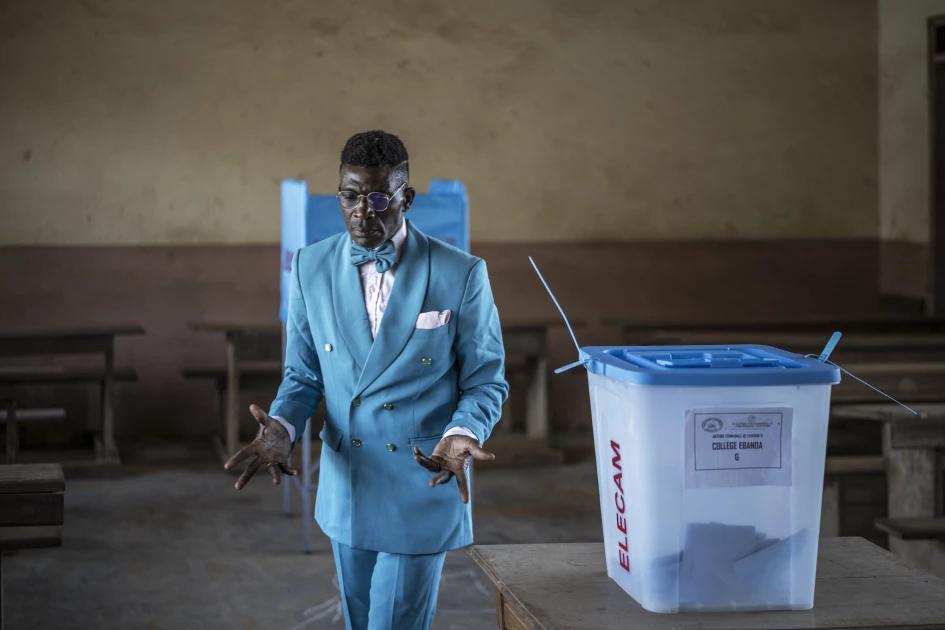
Cameroon went to the polls on Sunday in a highly watched election, with long-serving President Paul Biya widely expected to secure an eighth term in office. The 91-year-old leader, who has ruled the Central African nation since 1982, faced limited opposition as many young voters voiced frustration over unemployment, corruption, and lack of political reform.
Observers say the election comes at a tense time for the country, which remains divided along political and regional lines. In the capital Yaoundé, turnout was moderate, with heavy security deployment around polling stations. Some voters said they were participating out of civic duty, while others expressed skepticism about the possibility of real change under Biya’s rule.
“Cameroon has become a country where politics never changes,” said one voter in Douala. “We vote because we hope, but we know the result already.”
Opposition parties accused the ruling Cameroon People’s Democratic Movement (CPDM) of using state resources to dominate the campaign, while government officials dismissed claims of bias. Several opposition leaders, including Maurice Kamto of the Cameroon Renaissance Movement, have called for reforms to ensure fairer elections, but their demands have largely been ignored.
Political analyst Roland Akoa said that while young people increasingly desire change, many are unwilling to take to the streets to demand it. “Young people hunger for change,” Akoa said, “but not yet to the point where they will take the risk of protesting en masse as in other countries in Africa and Asia.”
The election also took place amid continued unrest in Cameroon’s English-speaking regions, where separatist movements have fought for independence since 2017. Violence in these areas has displaced thousands and led to sporadic clashes with government forces, making it difficult for residents to vote safely.
Despite these tensions, Biya’s party is expected to maintain its grip on power, helped by the absence of strong opposition unity and state control of media coverage.
International observers have urged calm and transparency in the vote-counting process, though few expect the final results to differ significantly from previous elections.
For many Cameroonians, the election symbolizes both endurance and stagnation — a continuation of Biya’s nearly five-decade rule and a reminder of how difficult real political change remains in the country.
Politics
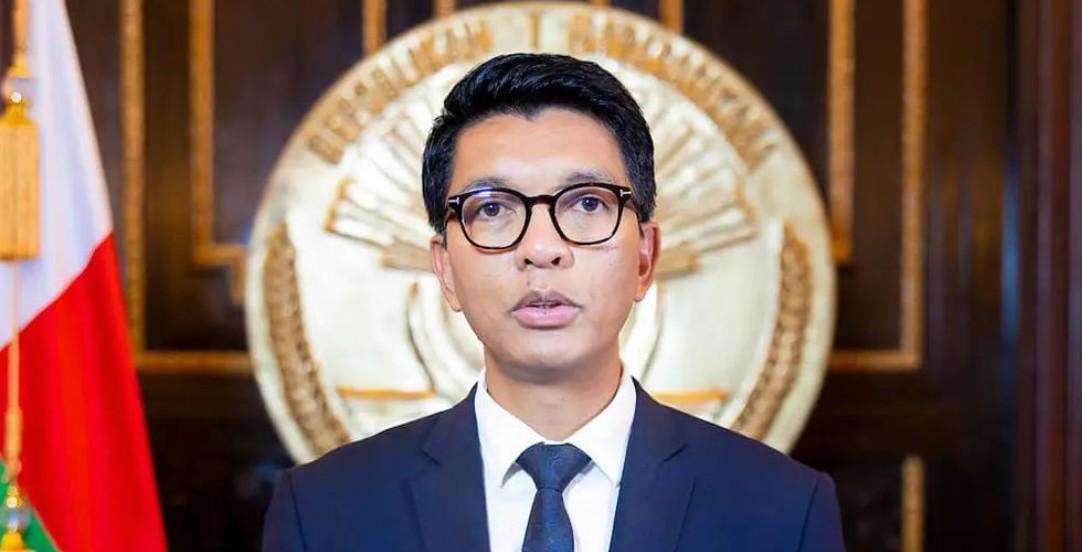
Madagascar in Turmoil as President Rajoelina Dissolves Parliament
Madagascar’s political crisis has worsened after President Andry Rajoelina announced the dissolution of the National Assembly on Tuesday, a move that has intensified tensions with protesters and parts of the military amid reports that he has fled the country.
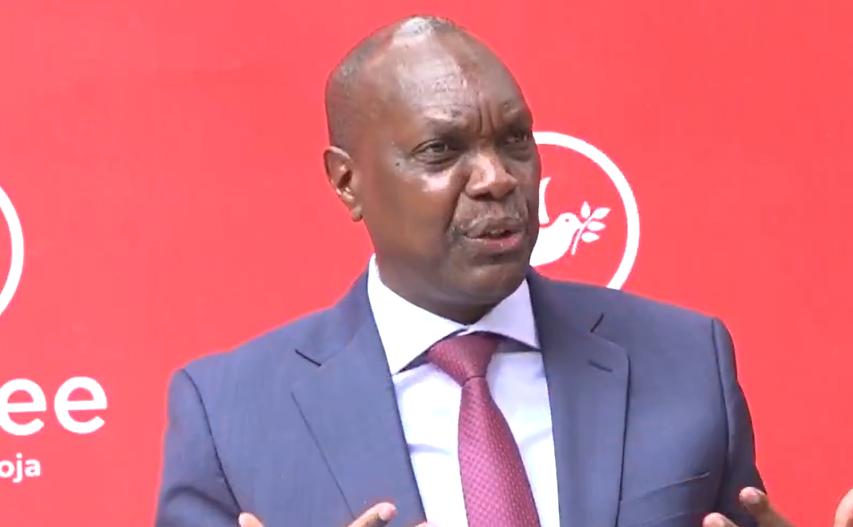
Jubilee Party Backs Wiper Nominee in Kariobangi North Poll
The Jubilee Party has announced that it will not field a candidate in the upcoming Kariobangi North Ward by-election, instead choosing to support the Wiper Party’s candidate.
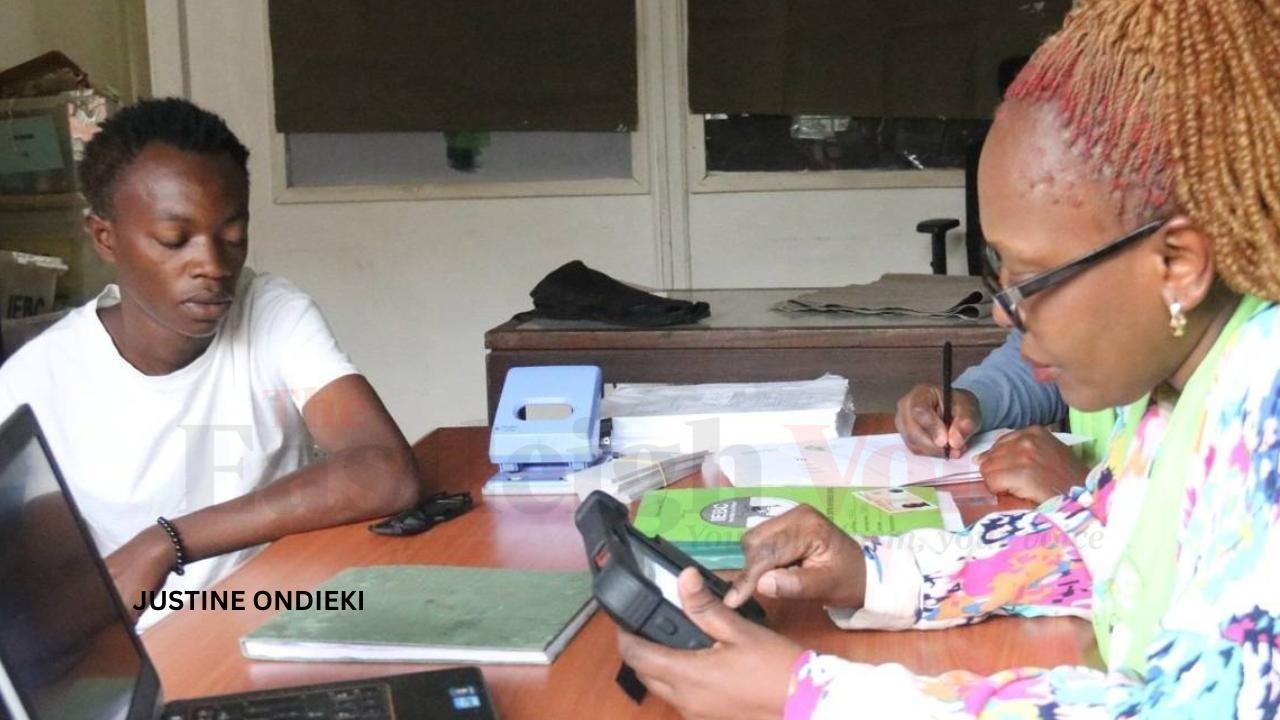
IEBC Registers 7,000 New Voters as Biometric System Launches
Kenya’s electoral agency has recorded over 7,000 new voter registrations within the first four days of resuming its Continuous Voter Registration (CVR) programme, signaling a strong start to the nationwide exercise.
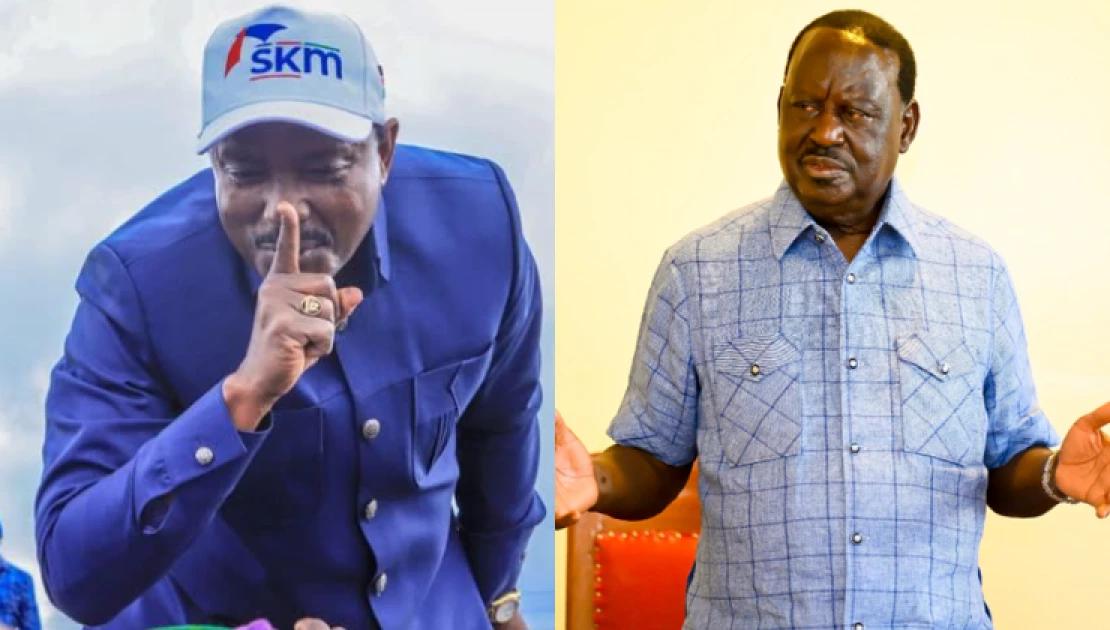
Kalonzo Declines Raila’s Invitation to ODM 20th Anniversary Event
Wiper Party leader Kalonzo Musyoka has declined an invitation from Raila Odinga to attend the Orange Democratic Movement’s (ODM) 20th anniversary celebrations, saying he will not be part of the event.